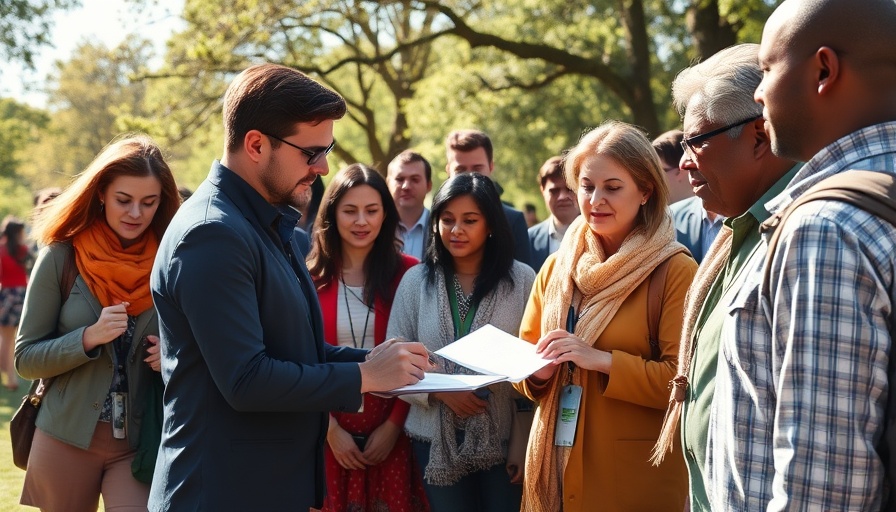
The Legislative Shift: Recognizing Harlem's Cultural Significance
In a moment marked by both reflection and celebration, New York Governor Kathy Hochul signed a transformative piece of legislation on August 10, 2025, during the 51st annual Harlem Week. This pivotal event symbolizes not just a celebration of the diverse cultural tapestry that Harlem represents, but also a significant shift in recognizing its profound historical contributions.
Renaming for Legacy: Malcolm X's Influence
The legislation specifically renames the 110 St-Central Park North subway station to 110 St-Malcolm X Plaza, paying homage to the Civil Rights icon who lived in Harlem during the crucible of his activism. Malcolm X's connection to Harlem is irrefutable; this neighborhood shaped his ideas as much as he influenced the community. As Governor Hochul poignantly stated, "Celebrating Harlem’s rich history and community means recognizing the contributions of Malcolm X and the Harlem Renaissance to New York and the world." This initiative not only honors Malcolm’s legacy but provides a constant reminder of the ongoing struggle for civil rights that is still relevant today.
Celebrating the Harlem Renaissance: A Cultural Revival
In addition, the legislation designates the Harlem Renaissance Cultural District as a region of cultural significance. With 2025 marking the 100th anniversary of the Harlem Renaissance, this acknowledgment underscores the era’s influence on music, art, literature, and civil rights—factors that continue to resonate within contemporary society. Governor Hochul highlighted that after the Great Migration, Harlem evolved into a vibrant community, home to around 175,000 Black residents, making it the world's most densely populated Black community at the time. This cultural hub was instrumental in birthing a new consciousness in the 1920s and 1930s that remains vital even today.
Legacy and Mourning: Honoring a Community Leader
The timing of Hochul’s signing coincides with a period of mourning for the community with the passing of Lloyd A. Williams, co-founder of Harlem Week. Williams’ legacy of championing Harlem’s cultural voice reflects the ongoing need for community empowerment and advocacy. By signing this legislation, Hochul indeed connects with the community’s past while paving the way for its future.
A New Chapter for Harlem
This legislative effort not only celebrates Harlem today but ensures that future generations recognize and appreciate its dynamic history. As we reflect on the past, it is crucial to understand how these cultural acknowledgments shape societal narratives and identity formation. The empowerment through designations and renamings like those enacted by Hochul serves as a reminder of the responsibilities we have to honor those who paved the way for societal change.
 Add Row
Add Row  Add
Add 




Write A Comment